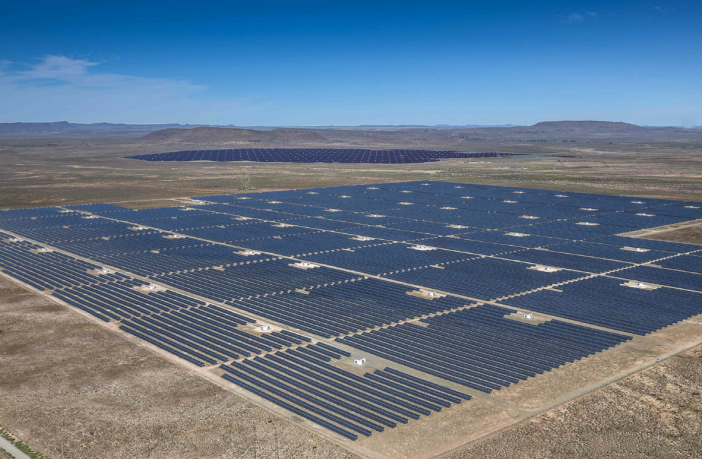- A new report finds that South Africa’s Just Transition pathway to a competitive, Net-Zero economy hinges on its ability to unlock its globally advantaged, high-potential wind and solar energy resources at scale and at an unprecedented pace.
- The report entitled ‘It all hinges on Renewables’, published jointly by the National Business Initiative, Business Unity South Africa and the Boston Consulting Group (NBI-BUSA-BCG), stresses the urgency to make the ramp up of renewables a national priority.
For South Africa, responding to climate change is fundamentally about economic competitiveness and lifting its people out of poverty, inequality, and unemployment while contributing to the global goal of reducing carbon emissions. The NBI-BUSA-BCG Climate Pathways and Just Transition study assesses what it would take for South Africa to reach Net-Zero by 2050 and to ensure a Just Transition.
The report finds that South Africa’s Just Transition pathway to a competitive, Net-Zero economy hinges on its ability to unlock its globally advantaged, high-potential wind and solar energy resources at scale and at an unprecedented pace. By developing an energy system anchored on renewables, South Africa can contribute to solving its current energy crisis – which reached new heights in 2022, with the worst power outages since 2019 – and improve the affordability, availability, and reliability of power supply, at the same time enabling new green industries to build the foundation of a globally competitive economy that is resilient to trade risk arising from the transition to Net-Zero.
The report says that the cost of inaction is high. South Africa has the second most carbon-intense economy, compared to other economies with more than $500 billion GDP in the world, more than twice the G20 average (per $ of GDP). This puts almost 50% of exports at risk as key trade partners prioritise imports from low-carbon economies via carbon border tax adjustments and other mechanisms. Amid stalled GDP growth, unemployment at ~35% and rising inequality, ‘more of the same’ will not be enough. The status quo must change and transitioning to renewables can be a catalyst for that change.
By 2050, at least 190 gigawatts (GW) of renewables need to be deployed to fully decarbonise the power sector the report advocates. The authors say a critical enabler for the large-scale and rapid pace of renewables deployment is the modernisation, expansion and strengthening of the national power grid.
Link to the full report HERE
Author: Bryan Groenendaal















